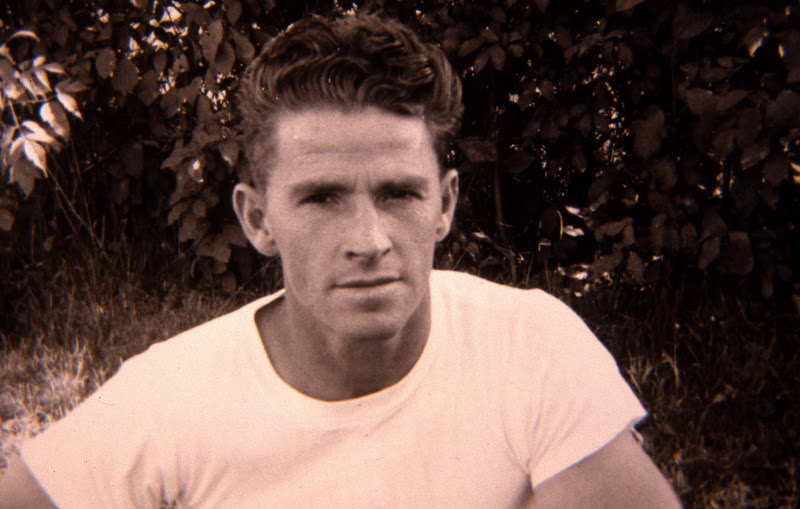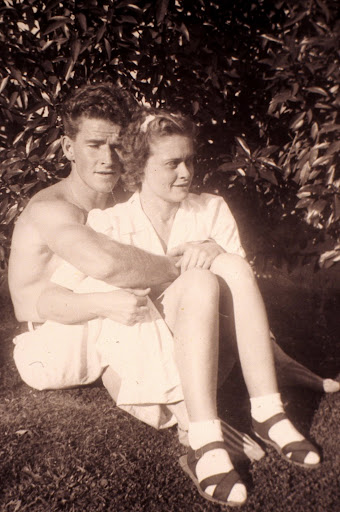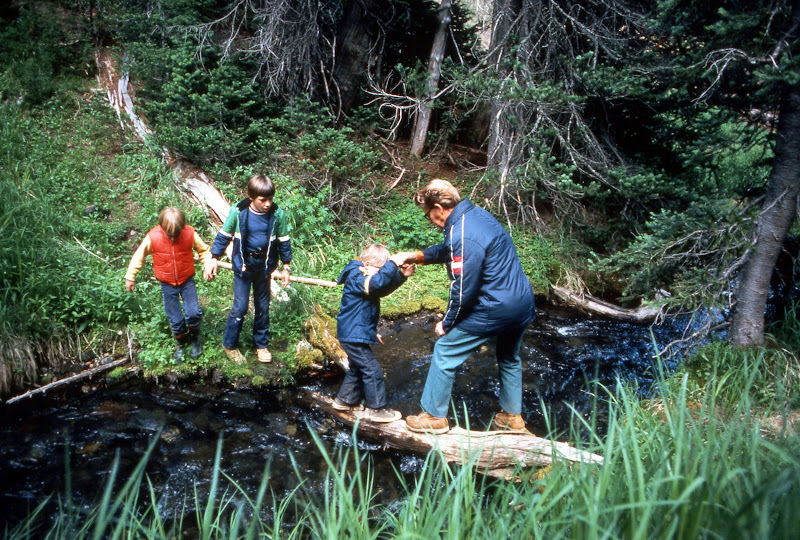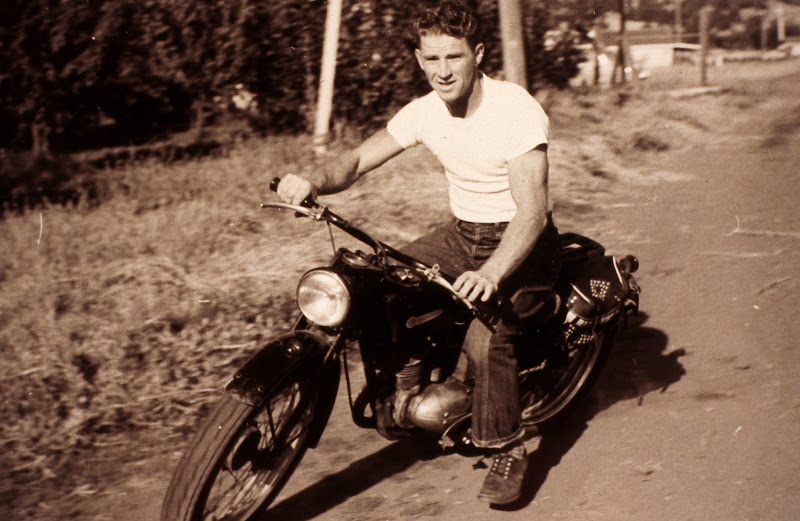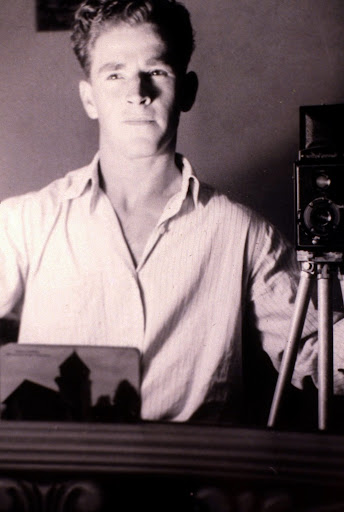This is a continuation of my notes on Augustine’s Confessions.
Augustine’s Final Objections (8.1-2)
By this time, Augustine was convinced intellectually of the truth of Christianity. The old Manichaean doctrines – that God was material, and in time – held no more attraction for him. But Augustine himself was still material (and hence subject to lust) and still in time (and hence unstable). And he was possessed of a subtle pride that perhaps he did not recognize even when he was writing the Confessions: he didn’t feel like he could be just an ordinary Christian. Lots of other folks were Christians and were married, but Augustine wasn’t content with that sort of ordinary Christian life. If Augustine were to become a Christian, he disdained the example of even his own mother: the hermit life of Anthony, or the monastic life of Ponticianus’ friends, was much more suited to Augustine’s subtle pride. On top of that, Augustine was apparently convinced that even sex within marriage was lawful only if it were for the explicit purpose of procreation: and if he were to be baptized, and married, it would be difficult for him to obey that stricture. (This ascetic ideal, it should be noted, was not just a feature of 4th-century Christianity, but also of contemporary philosophical paganism, Manichaeism, and Judaism. It’s an example of how Christianity can be swayed in unfortunate directions by societal trends. Our own century has many unfortunate examples of Christianity being swayed in the opposite direction by opposite trends.)
Simplicianus and Victorinus (Conversion Story #1) (8.3-5)
Seeking moral counsel from a trusted source, Augustine visited Simplicianus, a respected Christian who had baptized Ambrose and eventually succeeded him as bishop. Simplicianus told him the conversion story of Victorinus, a story which closely paralleled Augustine’s own journey, and which is the first of five conversion stories (and eight total conversions) which Augustine recounts in this book. It is worth noting that, like Augustine, Victorinus’ conversion was not intellectual (both had been convinced of the truth of Christianity for some time), but volitional.
One minor issue that gives scholars heartburn is that Augustine talks about having read Victorinus’ translations into Latin of the Neo-Platonists:
When I mentioned to him that I had read certain books of the Platonists which Victorinus--formerly professor of rhetoric at Rome, who died a Christian, as I had been told--had translated into Latin, Simplicianus congratulated me that I had not fallen upon the writings of other philosophers, which were full of fallacies and deceit, “after the beggarly elements of this world,” whereas in the Platonists, at every turn, the pathway led to belief in God and his Word.
The problem with this paragraph is that we have several pretty good records of all of Victorinus’ works (including one by Jerome, who was Victorinus’ student), and none of them mention any such translations. Either the lists we have are incomplete, or Augustine is remembering something incorrectly.
Celebrity Conversions (Conversion Story #2) (8.6-9)
Augustine spends some time thinking through an issue which is of some relevance to us today: is there any special value to celebrity conversions? His answer, perhaps surprisingly, is that yes, there is. His argument, however, doesn’t assume that the celebrities are any better than average Christians – on the contrary, it assumes that they are in greater danger. But precisely because they are in greater danger, greater is the rejoicing amongst those who have watched them fight their way free of it.
For the enemy is more overcome in one on whom he has a greater hold, and whom he has hold of more completely. But the proud he controls more readily through their concern about their rank and, through them, he controls more by means of their influence. The more, therefore, the world prized the heart of Victorinus (which the devil had held in an impregnable stronghold) and the tongue of Victorinus (that sharp, strong weapon with which the devil had slain so many), all the more exultingly should Thy sons rejoice because our King hath bound the strong man, and they saw his vessels taken from him and cleansed, and made fit for thy honor and “profitable to the Lord for every good work.”
Here Augustine also makes reference to a second conversion story: when Saul defeated the sorcerer Bar-Jesus, and led the proconsul Sergius Paulus to the Lord (Acts 13:4-12), accepting (Augustine believes) the proconsul’s name as a symbol of his victory. It’s worth noting that this is the only conversion story which actually turns on the subject becoming convinced of the truth of Christianity, and it is the briefest of the various stories told.
Augustine’s Final Objections Part 2 (8.10-12)
In these paragraphs, Augustine rehearses the hesitancy which kept him from baptism and a full commitment to Christ. He wanted to become a Christian, to submit his own will to Christ, but found that he was unable to make the final movement on his own. His will was enslaved to itself, as a punishment for its choices:
For out of the perverse will came lust, and the service of lust ended in habit, and habit, not resisted, became necessity…It was through me that habit had become an armed enemy against me, because I had willingly come to be what I unwillingly found myself to be. Who, then, can with any justice speak against it, when just punishment follows the sinner?
Ponticianus and His Friends (Conversion Story #3) (8.13-15)
Ponticianus, a highly-placed Roman court official, told the story of two friends of his who had joined a monastery. Again, the parallels with Augustine are notable: in the story, the two were not becoming convinced of the truth of Christianity (indeed, they were both apparently baptized Christians), but became convinced that they had a higher calling.
Can our hopes in the court rise higher than to be ‘friends of the emperor’? But how frail, how beset with peril, is that pride! Through what dangers must we climb to a greater danger? And when shall we succeed? But if I chose to become a friend of God, see, I can become one now.
This story also introduces St. Anthony, a famous fourth-century monk, whose own conversion story will be told later.
Augustine’s Final Objections Part 3 (8.16-21)
As Augustine draws closer to the final crisis, he reflects on the goal he set himself as a young man, reading Cicero’s Hortensius, to pursue philosophy at all costs. He realizes now that philosophy is not enough to save him. Nothing that he can do can save him, for this is precisely the issue. His will is bound. Even his prayers are against him: “Grant me chastity and continence, but not yet.” Augustine is amazed at the paradox he encounters: mind and body are separate things, but the mind can tell the body, “Do this,” and it does it, without hesitation. But the mind cannot tell itself, “Do this.” “My body more readily obeyed the slightest wish of the soul in moving its limbs at the order of my mind than my soul obeyed itself to accomplish in the will alone its great resolve.”
It’s worthwhile to note the Genesis imagery that appears during this account of his struggle: like Adam, and like Jesus, Augustine’s struggle against sin took place in a garden. Adam’s sin centered around a tree, and his attempt at redeeming himself involved a fig tree; Augustine’s temptation and conversion likewise took place under a fig tree.
A Digression Against the Manichees (8:22-24)
Augustine’s conclusion that we may have more than one will leads him into a brief digression against the Manichaean version of this argument. The Manichees went further than saying that we had more than one will; they said that each will represented a separate nature, one good and one bad. Their evidence for this, apparently, was that we often found ourselves willing more than one thing. This is likely a straw-man argument, but Augustine is happy to knock it down. Willing good at the same time we are willing evil is no argument for multiple natures, however much it may be an argument for multiple wills. It’s no different, in Augustine’s book, than hesitating between going to the theater or to the circus (both bad), or between reading a Gospel or a Psalm (both good).
Augustine’s Final Objections Part 4 (8:25-27)
Again, Augustine rehearses the objections which prevented him from making his leap into Christianity. This time he introduces the image of the Lady Continence, opposing his “former mistresses”, who “tugged at my fleshly garments”. This hearkens back (at least) to the classic contrast in Proverbs between the personifications of Wisdom and Foolishness as two women who each seek to entice a man into their orbit. The significance of the fig tree, in this instance, centers around the fact that Adam and Eve tried to cover their shame with fig leaves: this attempt was notoriously unsuccessful, because only God can rescue us. Similarly, Augustine was trying to achieve celibacy and continence through his own efforts under the fig tree, and it was only when he threw himself fully on God’s mercy (and stopped adding the “but not yet” to his prayer) that he was able to achieve the continence and self-control that he wanted.
Anthony’s Conversion (Conversion Story #4) (8.28-29)
Augustine finally withdraws from even the closest human companionship and moves deeper into the garden, much like Jesus on the night of his arrest. The phrase he hears (Tolle, lege) could mean either “Take it, read it”, or “Pick it up, look at it” (the latter perhaps being a phrase chanted by agricultural workers during harvest time). Augustine finally tells the actual story of St. Anthony’s “conversion” (like the others in this chapter, not to Christianity, but to a deeper commitment to Christ). He’s been saving this one, partially because it was the most famous, but also because it resembled his own in having been achieved by the hearing of a specific passage of Scripture.
The Conversions of Augustine and Alypius (Conversion Story #5) (8:30)
Augustine’s own conversion was fully effected when he followed the injunction of the chant of the children he had heard, and picked up the book of Paul that Ponticianus had commented on. There he read: “Not in rioting and drunkenness, not in chambering and wantonness, not in strife and envying, but put on the Lord Jesus Christ, and make no provision for the flesh to fulfill the lusts thereof.” (Rom. 13:13). This immediately quieted his soul, and allowed him to express himself to Alypius. Alypius was so moved by Augustine’s decision that he himself was prompted to make the same choice. However, because Alypius had never had the same struggle with sexual desire that had marked Augustine, his choice was much easier: you get the impression that he had merely been waiting for his friend to make the first move.
